Sanctions lead to devastating repercussions like those of terrorism, war crimes: Iran’s UN envoy
Iran's Ambassador to the United Nations Majid Takht-Ravanchi has denounced sanctions as inhumane, immoral and illegal, saying their far-reaching, devastating and long-term consequences are as brutal and vicious as terrorism, war crimes and crimes against humanity.
“In order to combat food insecurity in the world, it is necessary to lift siege and sanctions and foster international cooperation,” Takht-Ravanchi said via videoconference to a meeting of the UN Security Council on Thursday that discussed how conflict and food security are interlinked.
“The current number of people at risk of hunger and food insecurity in the world is alarming, which has made it essential and urgent to deal with this challenge,” he added.
Takht-Ravanchi said access to food is the fundamental right of everyone to be free from hunger and malnutrition under any circumstances, whether in peace or war.
The senior Iranian diplomat stressed that the full realization of such a right requires a comprehensive approach and effective measures, both at national and international levels, which would particularly address all root causes of food insecurity and ensure secure international cooperation.
Takht-Ravanchi also underlined the need for closer cooperation among the General Assembly, the United Nations Economic and Social Council (ECOSOC), as well as the relevant institutions and agencies of the world body to that goal.
“To combat the acute food insecurity caused by conflicts, the Security Council needs to oblige all parties to adhere to these principles, and at the same time the Council itself must not, under any circumstances, boycott humanitarian trade, especially food and medicine,” the Iranian ambassador to the UN said.
“Nothing is more urgent than the immediate lifting of the inhumane siege against the Yemeni people, and removal of the illegal blockade of Gaza,” Takht-Ravanchi stated.
He also referred to sanctions as a main reason behind food insecurity, noting that the US bans have prevented Tehran from gaining access to food, medicine as well as medical equipment, and undermined the Islamic Republic’s ability to effectively deal with the coronavirus pandemic.
“Countries should not use economic and political coercive tools to put pressure on other governments; and immediate removal of sanctions should be taken into consideration as a key step in tackling food insecurity,” Takht-Ravanchi said.
Last October, Iran’s High Council for Human Rights said despite US claims that humanitarian affairs are not covered by sanctions, blocking financial transactions between Iran and the world has practically obstructed the importation of humanitarian articles and drugs used to treat people with serious diseases.
“As attested to by the American officials’ remarks, measures taken by the lawbreaking regime of America have clearly taken aim at the health and lives of people and are considered 'crime against humanity',” the council said in a statement at the time.
The head of the Iranian Judiciary’s High Council for Human Rights also said on October 5 that the body was planning to prosecute 46 American natural and legal persons involved in the imposition of unjust sanctions on the Islamic Republic, which among other things, have prevented the country from importing medications necessary to treat patients with serious diseases.
“We are using all legal means, at domestic and international levels, to counteract these crimes and today, I announce that the names of 46 American natural and legal persons, who have been one way or another involved in imposing unjust and inhumane sanctions on the Iranian nation, have been given to Tehran prosecutor’s office” to prosecute them in accordance with a law on countering terrorist measures of the United States, said Ali Baqeri-Kani.
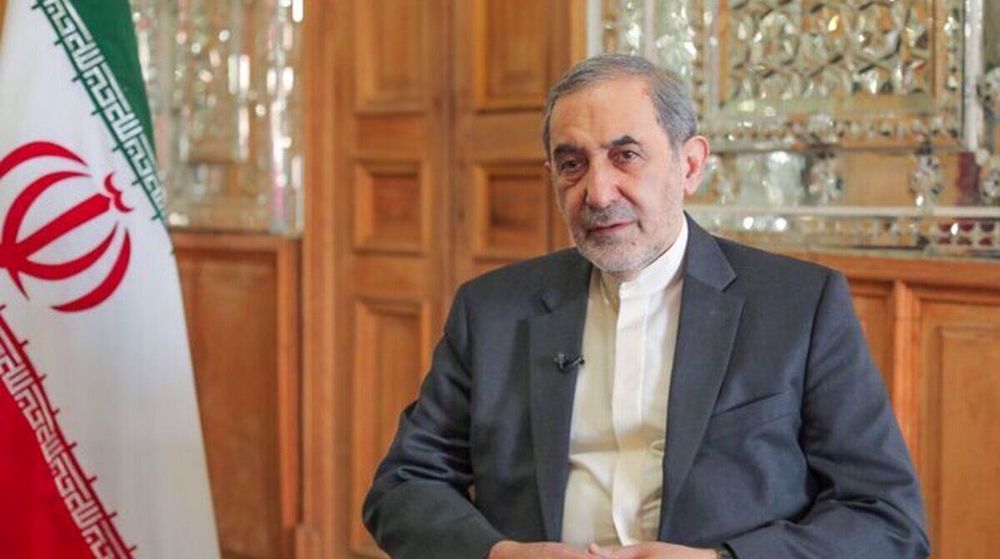
Leader’s advisor warns Turkish officials against repeating baseless claims about Iran
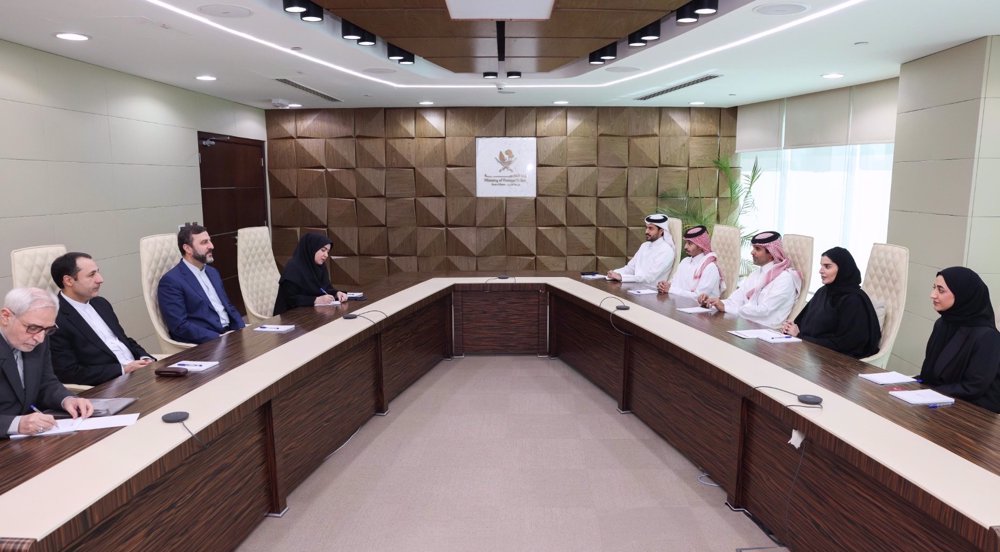
Iran deputy FM meets with Qatari officials in Doha to discuss cooperation
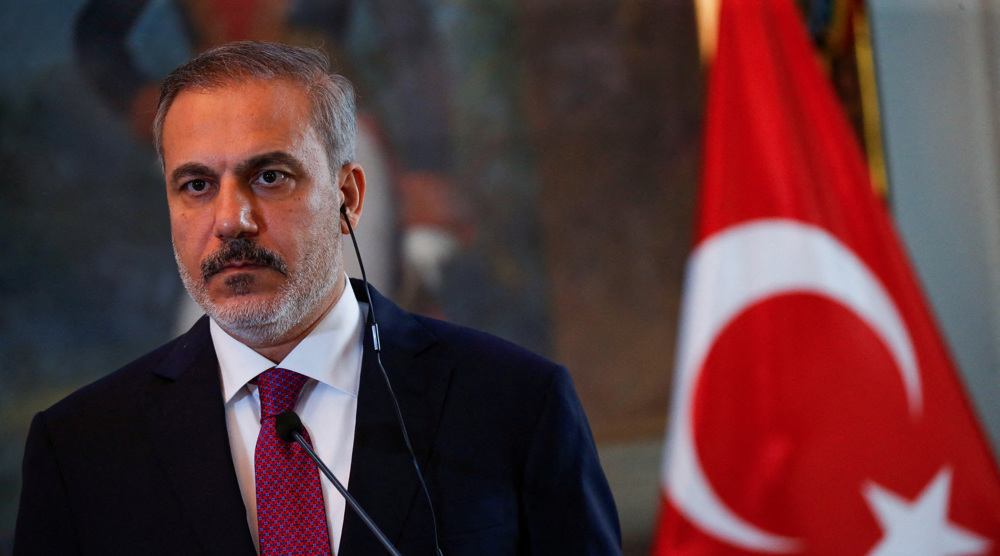
Iran summons Ankara’s ambassador following incorrect remarks by Turkish FM
Hundreds of factories closed in Syria under HTS rule: Report
VIDEO | Israel’s plan for West Bank
VIDEO | Palestine’s status to Nasrallah
Bahrain detains activist for posts critical of kingdom's policies
Trump threatens to deport, arrest pro-Palestine students for protests
VIDEO | EU leaders scramble to address Trump's trade war threat
VIDEO | Press TV's news headlines
VIDEO | Belgian journalist lambastes Israeli aggression against Palestinians


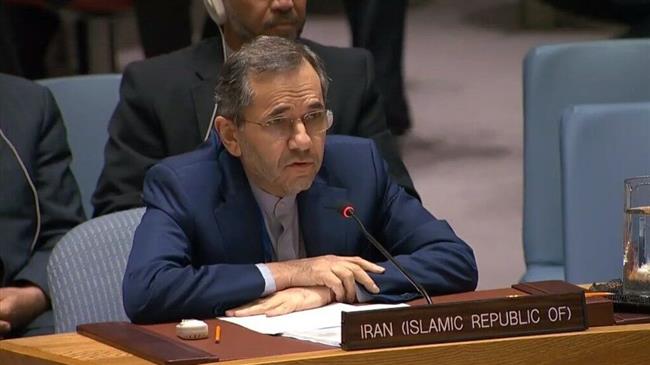







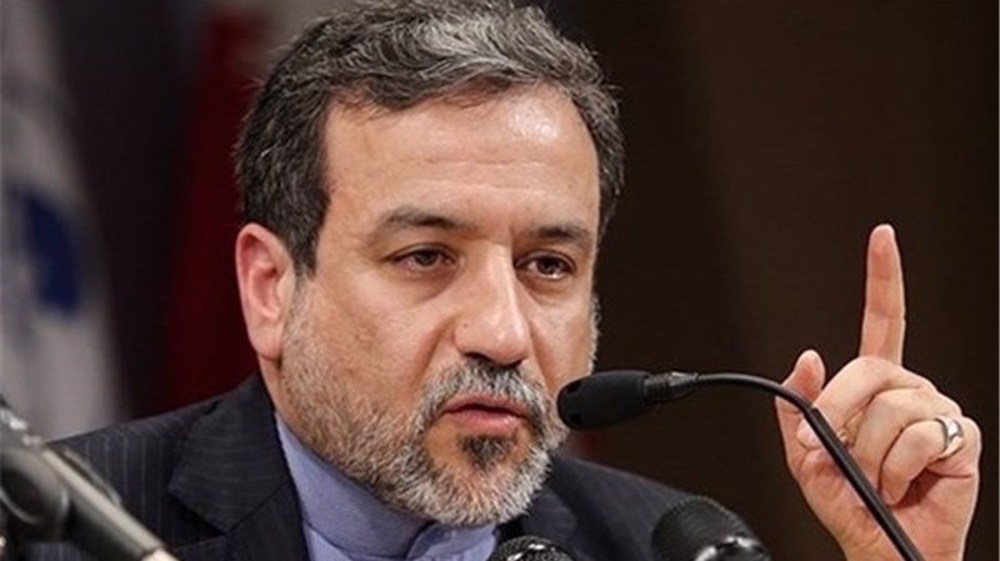
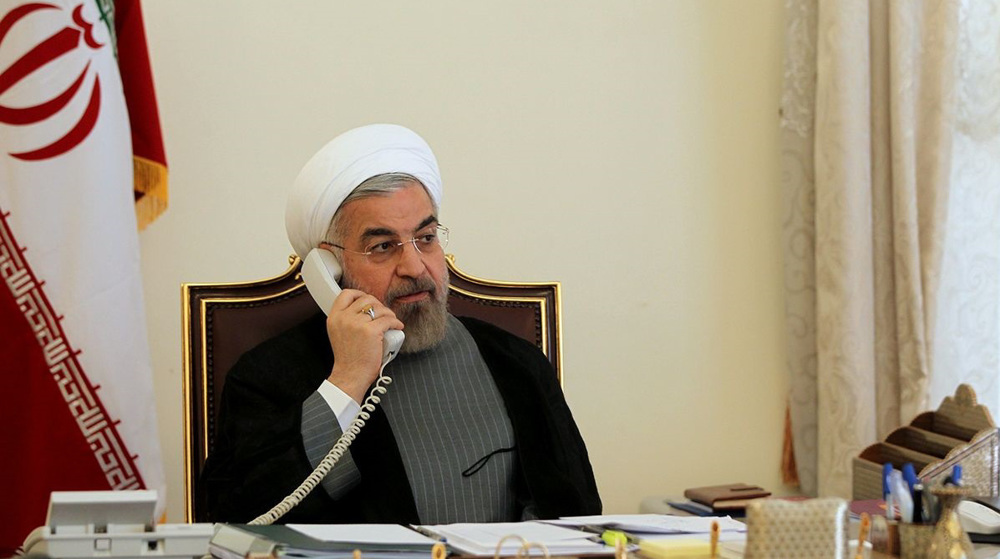
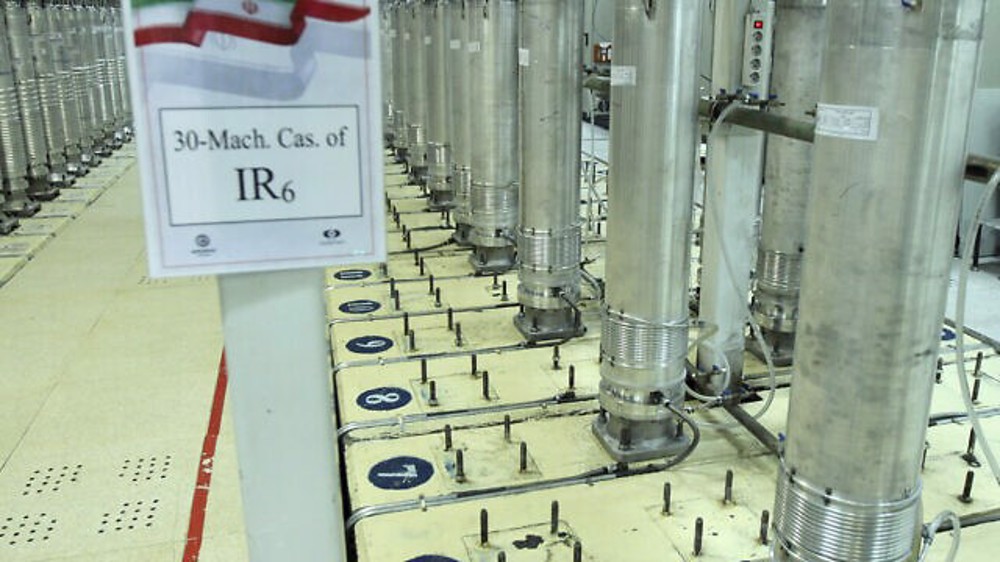
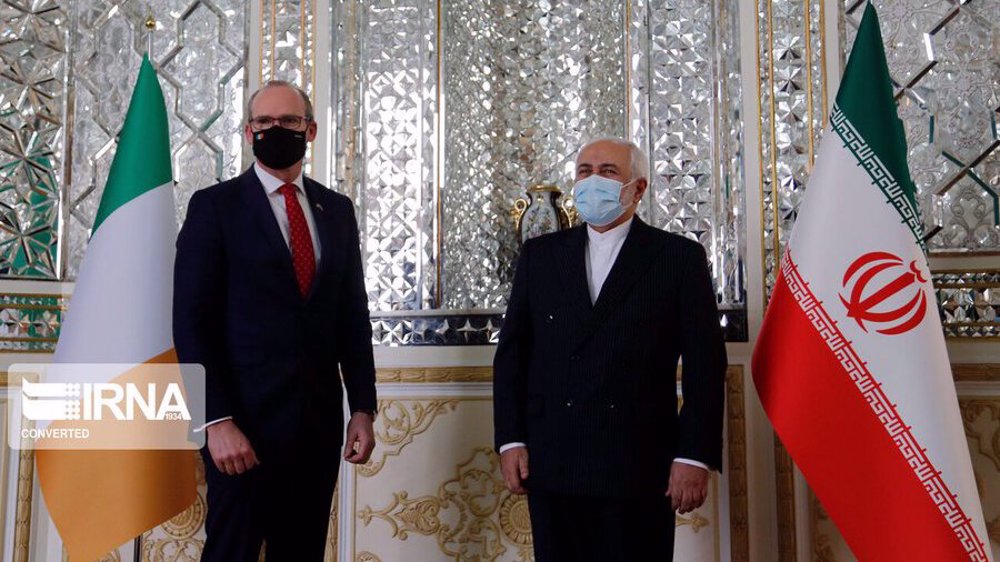
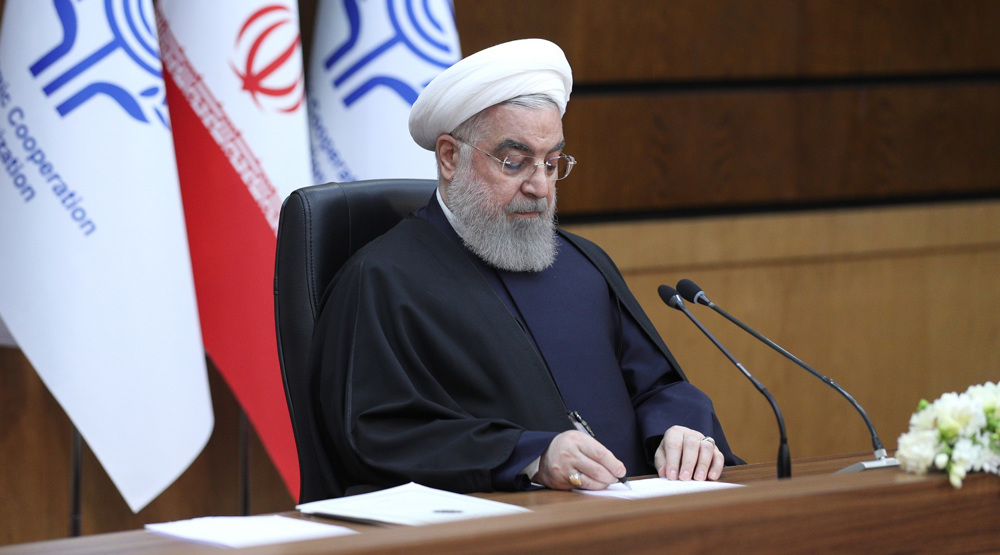

 This makes it easy to access the Press TV website
This makes it easy to access the Press TV website